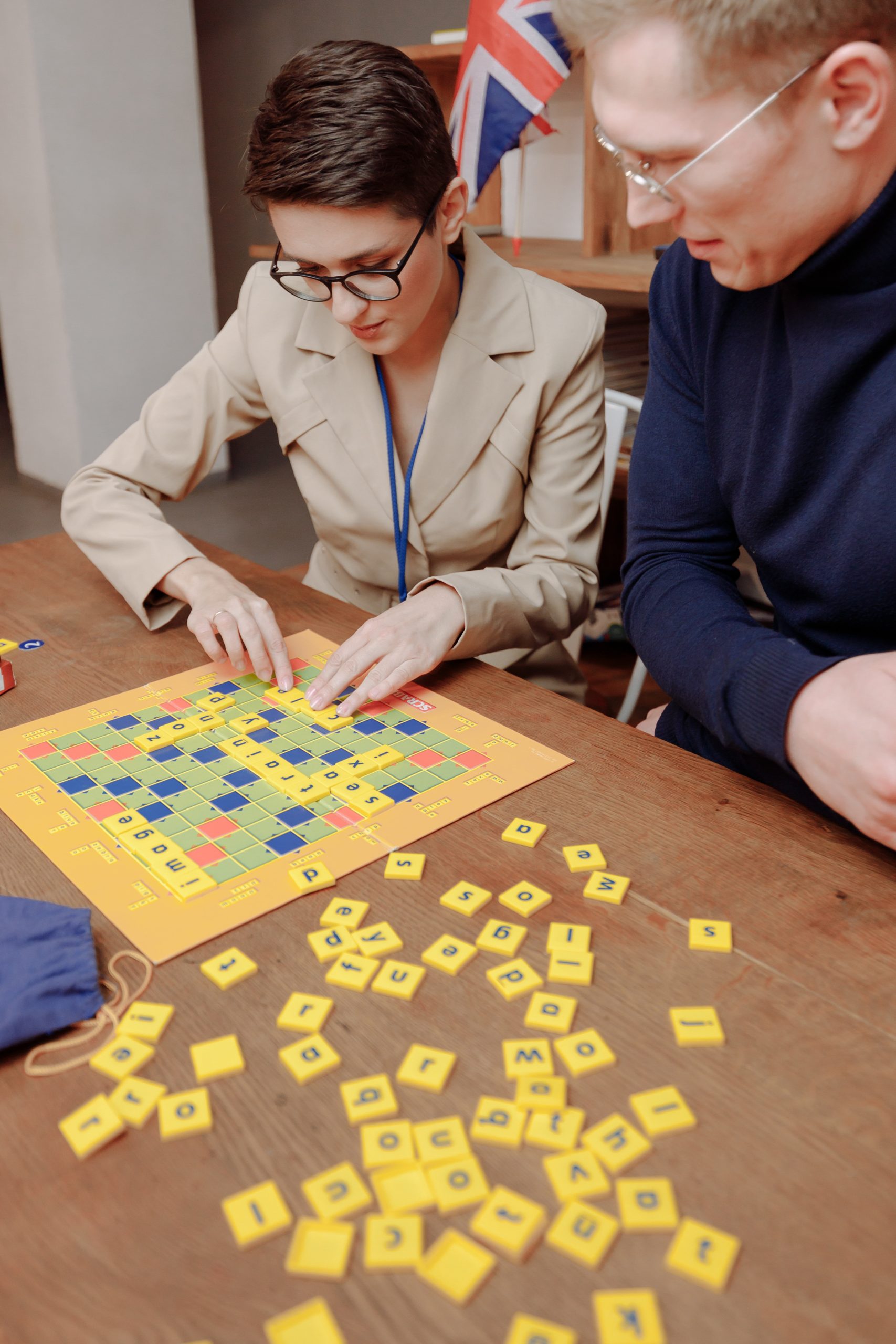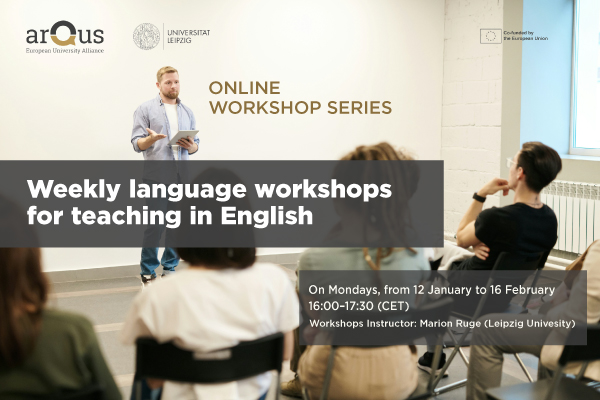2nd EMI webinar: Inclusive assessment in EMI: Linguistically accessible and diversified
Date: 11 December 2025
Time: 12:00 13:00 CET
Format: Online
Trainers: Alicia Salomone and Ludmila Kalasnikova.
Target Audience: Academics & researchers, admin. Staff, early post-docs
More information here
Summary: This webinar aimed to introduce “language-light” assessment approaches that are designed to reduce linguistic demands on EMI students while preserving content-focused academic standards. Participants explored practical alternatives to traditional written assignments and learned how small intentional adjustments can meaningfully enhance fairness and inclusion in EMI contexts.
Workshop Focus: The webinar provided concrete, adaptable techniques that educators can implement across a wide range of disciplines. By the end of the session, participants were encouraged to reflect on their own assessment practices and identify opportunities to design assessment tasks that are more accessible, equitable and linguistically inclusive.


